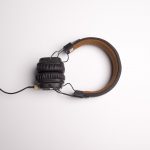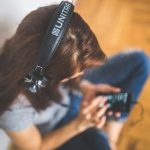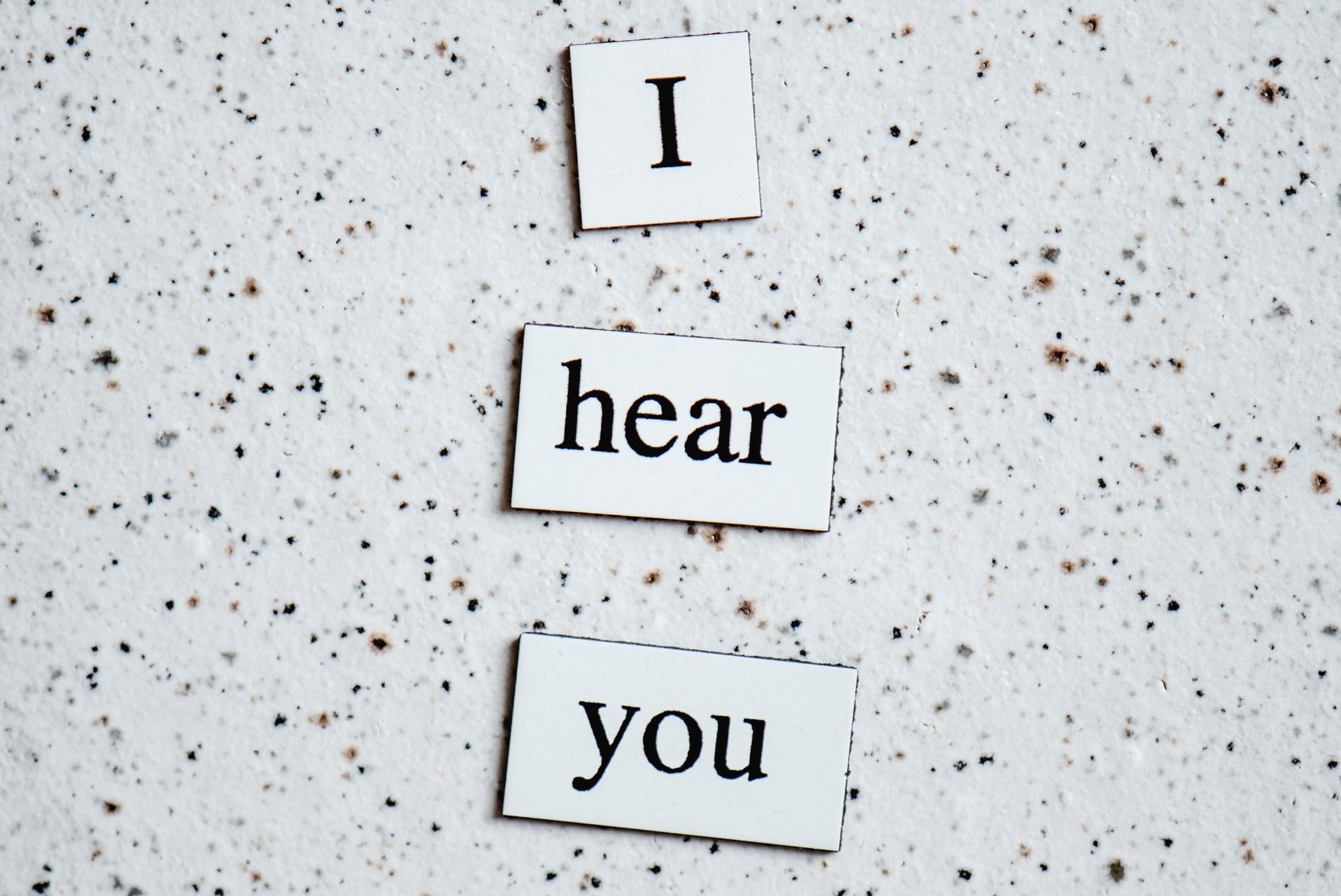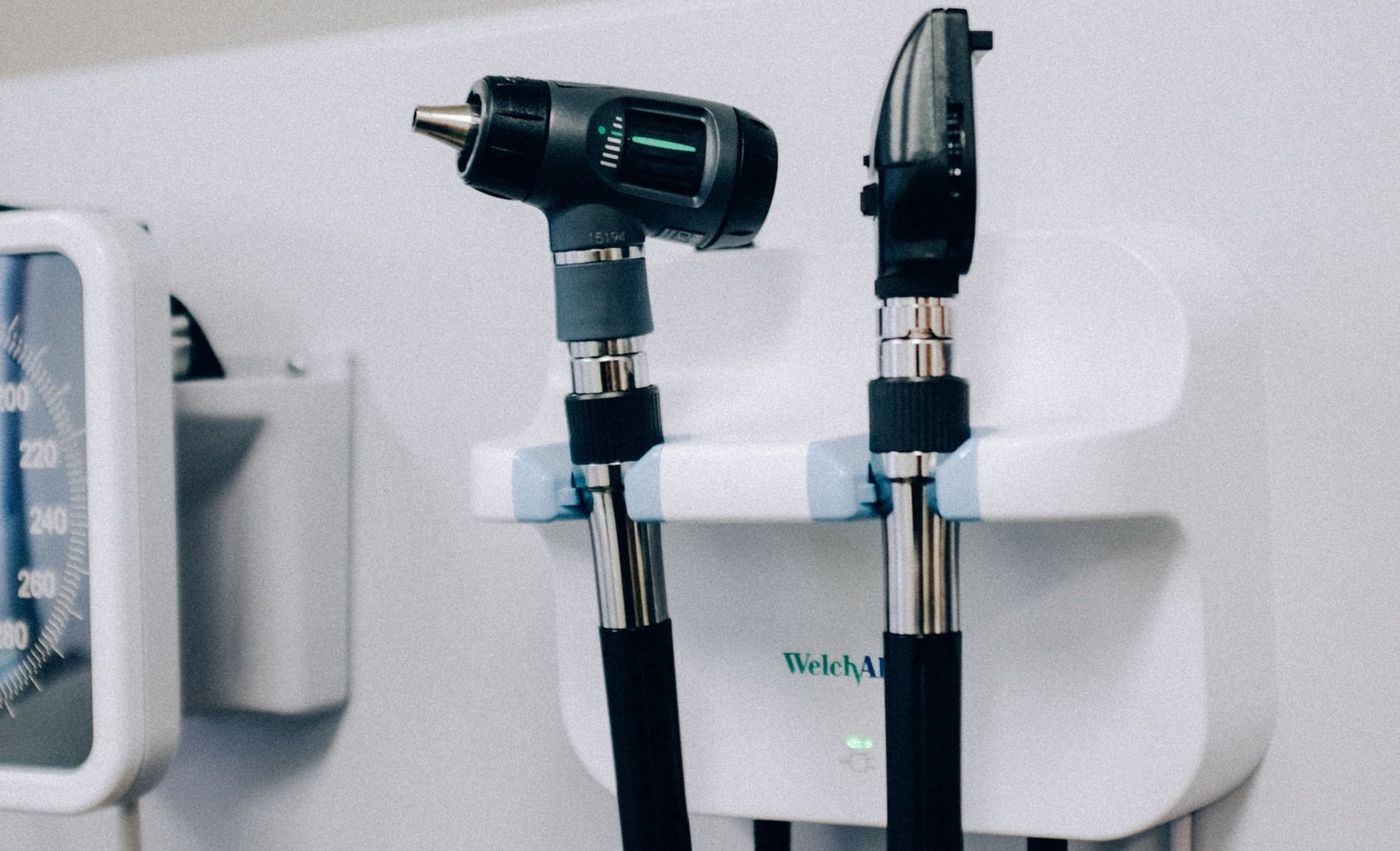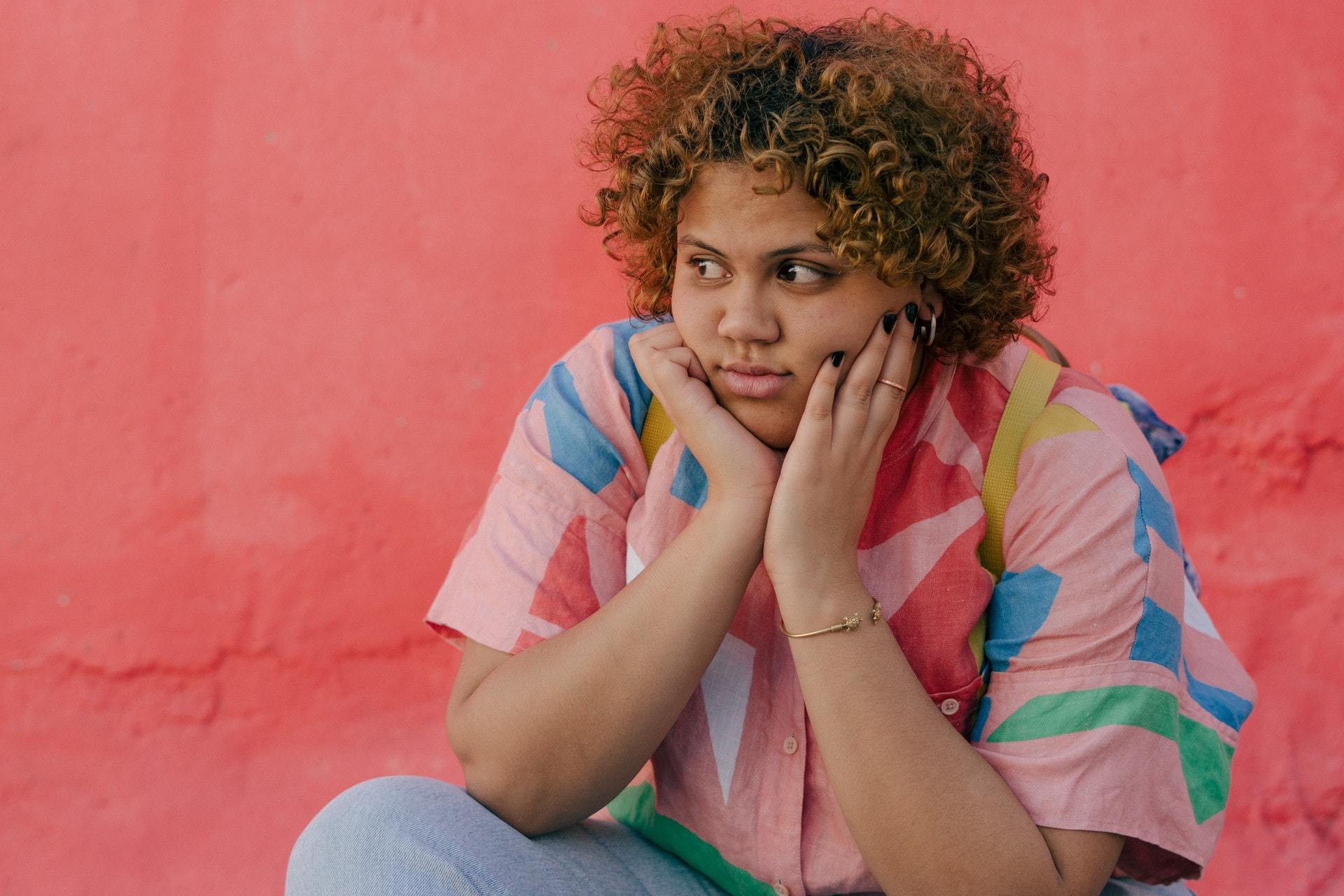
So, you’ve had a hearing test and you’ve been diagnosed with hearing loss. You might be thinking — what happens now?
Your audiologist or the hearing health professional that conducted your hearing test will hopefully have told you a little bit about your individual hearing loss.
It’s rarely the case that you have the same degree of hearing loss in both ears, so deciding whether you need one or two hearing aids will depend on you.
Contents
I Have Hearing Loss – Do I Need Hearing Aids in Both Ears?
If one of your ears is much worse than the other you might be wondering to yourself: Can I get away with having just one hearing aid or do I really need two?
Bilateral hearing loss
It’s completely understandable why many people think that they can get by just treating the most problematic ear, and it’s certainly the cheaper option. However, if your hearing loss is bilateral (both ears have problems hearing) then even though one isn’t as bad as the other, it doesn’t mean that it’s optimal or as functional as it could be.
It’s important to remember that in another world where your worst ear was fine and you were just diagnosed with a milder hearing loss in your other ear, you’d probably still access treatment for it. Both ears are causing you problems. Even though you’re experiencing different degrees of hearing loss relative to each other you shouldn’t just ‘learn to live’ with the lesser problem.
Unilateral hearing loss
However, if you only have hearing loss in one ear, then you’re more likely to get all the support you need from a single hearing aid. This is because your other ear is functioning normally, so you will get all the benefits of binaural hearing with just one hearing device.
Your auditory system is formed to operate with binaural listening, so being able to hear in each ear will improve the overall functioning of the system.
With this in mind, it’s recommended that you get two hearing aids if you have hearing loss in both ears. However, for those suffering from unilateral hearing loss, one will be enough.
The difficulty in choosing between one or two hearing aids comes when you have one “good ear” (that suffers from minimal – but measurable – hearing loss) and one “bad ear.” It’s tempting to just get one, as the cost of a pair can be exorbitant, but you might miss out on some finer details. Let’s look at the advantages and disadvantages of both options.
Advantages to a Hearing Aid in One Ear
There are a few key reasons why people choose to wear a hearing aid in one ear:
If you have excellent hearing in one ear then you might truly only need one hearing aid for the troublesome ear. If you suffer from unilateral hearing loss, or single-sided deafness (where the hearing loss affects only one ear) then it is not worth buying two hearing aids. You can wear a single hearing aid in your bad ear, and hear normally with the other one.
Of course, this will not be the case if you have bilateral hearing loss, and you should still discuss this with your audiologist.
The financial cost of getting two hearing aids is considerable and this should not be underestimated as a factor that can affect your decision making. As hearing aids aren’t covered under standard Medicare plans, it’s not uncommon for people to try one hearing aid first and see if it works for them.
Of course, having one is better than none at all, and you might find that it improves your hearing enough that you don’t want to buy another one. It’s a personal decision that will be influenced by your level of hearing loss, your hearing environments and your individual preference.
For example, you might feel like two hearing aids are necessary if you are often talking to people in large groups, but if you just want to hear the TV better, or you generally have one-to-one conversations, one hearing aid will give you enough support.
Your audiologist will be able to talk you through your options, whether you want one hearing aid or a pair. Also, double-check what your Medicare or insurance plan covers, as you may be able to claim some money back on your hearing aid.
Disadvantages to a Hearing Aid in One Ear
Listening with one hearing aid when you really need two doesn’t provide the full input your brain requires to process audio. Each of your ears sends a different signal to your brain which helps you to locate where sounds are coming from. This is useful not only from a social point of view (as it lets you know who is talking in a conversation) but for your personal safety (such as when you’re crossing the road).
Some devices are even made to work in a pair. This is especially likely if they have advanced features that allow them to pick up on localization cues.
If you only wear one hearing aid when you need two you might struggle. You might not realize that someone on your bad side is talking in a group conversation or at least fail to understand them. Two hearing aids also lets you separate the noises you want to hear from the rest of the noise around you to make this easier.
When you’re wearing two hearing aids, sound can be set to a quieter level and you can still hear just fine. This is because soft tones sound louder when your brain is receiving two signals, rather than just one. If you only have one hearing aid when you need two, you might need the volume on very loud to make up for this which can be uncomfortable and further damage your hearing.
Another note on hearing health is that your hearing loss can worsen in the ear in which you are not wearing a hearing aid. Studies even show that people who wear two hearing aids are generally more satisfied with their experience and find hearing less tiring.
Hearing Aids for Single-Sided Deafness
An astounding 60,000 people in the U.S. acquire single-sided deafness (SSD) every year. With this fact in mind, it’s unsurprising that certain hearing aids have been designed specifically for those with single-sided deafness.
For instance, CROS (standing for Contralateral Routing of Signal) and BICROS (standing for Bilateral Contralateral Routing of Signal) hearing aids actually rely on the fact that you have better hearing in one ear.
These CROS hearing aids consist of two parts:
- A microphone to detect sounds from the weak ear and wirelessly transmit them to the hearing aid.
- A hearing aid to receive this signal and play the sound for the good ear.
The CROS is suitable for those with good hearing in one ear. If you have a ‘better’ ear that still has significant hearing loss, just not as badly as the ‘bad’ ear, the BICROS is likely a better option for you.
With the BICROS, you have one microphone in a hearing aid for each ear but these lead to a single amplifier and receiver in your ‘better’ ear.
Other options include bone-anchored implants, and there is also the potential for cochlear implants in the future.
What Causes Hearing Loss in One Ear?
As with all types of hearing loss, hearing loss in one ear or SSD has many potential causes. These include:
- Ear injuries
- Ototoxic drugs
- Exposure to loud noise
- A blockage in the ear
- Wax build-up in the ear
- The natural aging process
- Tumors (Acoustic Neuroma)
- Some illness and infections
- An eardrum rupture
Some less common conditions can also be a cause:
- Meniere’s disease
- Labyrinthitis
- Neurofibromatosis type 2
- Reye’s syndrome
- Temporal arteritis
Whether your hearing loss can be resolved will depend on whether it has a reversible or irreversible cause. For example, drugs can be taken for infections and blockages can be removed, but loud noise damage has permanent effects.
If you notice a loss of hearing in one ear, go see your physician or audiologist as soon as possible. Depending on the issue, speedy diagnosis and prompt treatment could save any further deterioration of your hearing. You might also have an underlying condition that is causing negative effects elsewhere in your body that requires medical attention.
Your hearing healthcare professional will be able to figure out the type and cause of your hearing loss, talk to you about your hearing prospects, and work with you to decide on the best course of treatment, and whether you need to invest in just one hearing aid, or two.
Find out more about hearing loss and its treatment.
The information in this guide has been written using the following reliable sources:
https://www.starkey.com/hearing-aids/do-you-need-two-hearing-aids
https://www.eastsideaudiology.com/hearing-loss-articles/is-one-hearing-aid-enough-or-do-i-need-two/
https://www.health.harvard.edu/diseases-and-conditions/one-hearing-aid-or-two
https://my.clevelandclinic.org/health/transcripts/1489_single-sided-deafness-what-are-your-options

